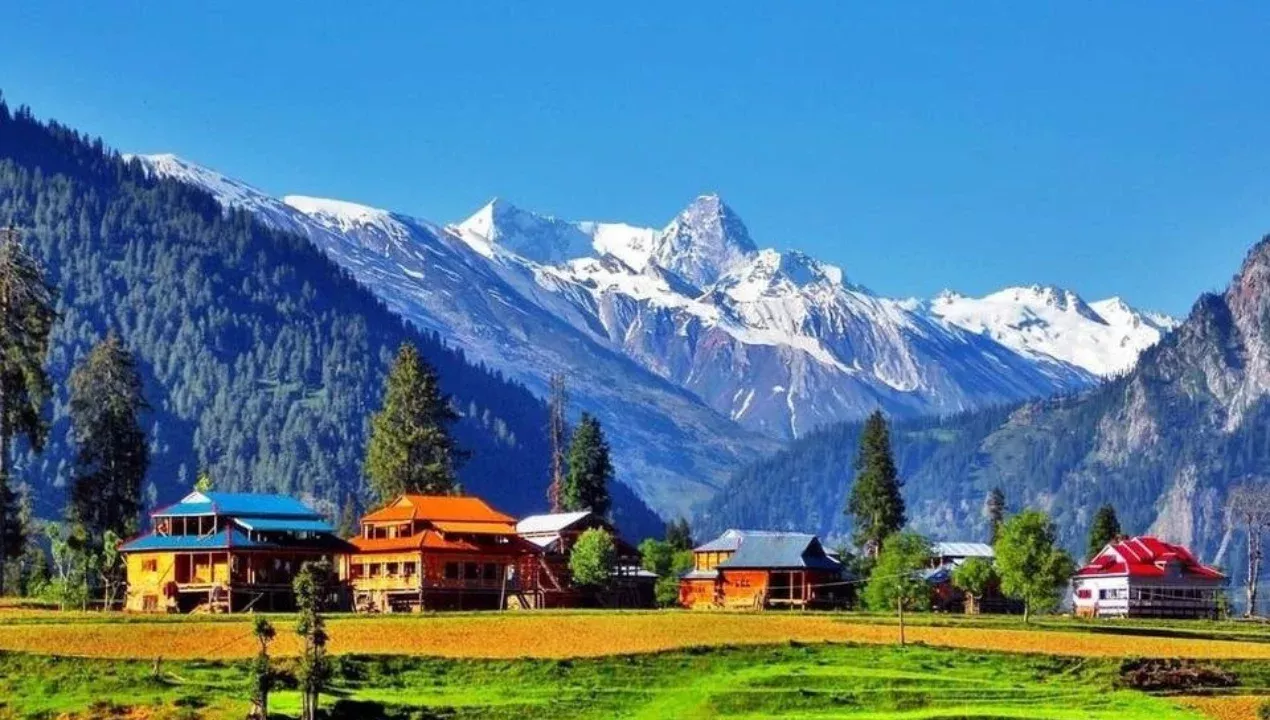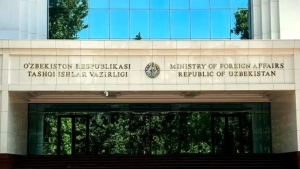Protests in AJK: the region is completely shut down

From September 29 to October 4, 2025, the region of Azad Jammu and Kashmir (AJK), administered by Pakistan, was completely shut down due to a coordinated strike by the population. This was reported by Zamin.uz.
The protest organized by the Jammu-Kashmir United Awami Movement Committee (JKJAAC) halted daily life throughout the area. Shops remained closed, public transport did not operate, and nearly four million people faced various disruptions.
This strike is the result of long-standing grievances, serving as a reckoning against economic exploitation, mismanagement, and unfulfilled commitments by the federal authorities. At the root of these disturbances lies a significant disparity between Islamabad’s policies and the lives of AJK residents.
The so-called Azad region has long been tied to a governance system that grants real power to federal institutions while maintaining only an illusion of autonomy. Ministries responsible for electricity, water, infrastructure, and security operate directly under Islamabad’s control.
The Ministry of Kashmir Affairs oversees local needs through federal priorities. Meanwhile, AJK’s legislative body and cabinet hold only symbolic authority and cannot resolve critical issues in daily life.
This governance model has created systemic economic injustice in AJK in areas such as electricity, wheat production, and development. Although AJK contributes significantly to Pakistan’s national infrastructure, particularly in hydroelectric power generation, the region remains under economic hardship and administrative neglect.
The recent unrest demonstrates that citizens are demanding not only protest but also justice and dignity. Electricity is the clearest manifestation of this imbalance.
AJK produces nearly 3,000 megawatts of hydroelectric power, which constitutes a large portion of Pakistan’s total production. The Mangla Dam and Neelum-Jhelum projects are built on rivers located in the region.
Nevertheless, electricity prices for local households are very high, far exceeding production costs. This results from contracts with independent power producers and capacity payments.
The energy distribution system primarily serves corporate and federal interests, while local needs are considered secondary. The lack of compensation or royalties for dam construction intensifies the sense of injustice.
As a result, AJK residents live under both symbolic and practical restrictions. Problems in wheat production also cause serious concern.
Despite wheat being the main staple food for the region’s population, its quality is low and supply insufficient. Subsidized flour is often delivered mixed with dirt, moisture, and other harmful substances.
This situation forces families to choose between quality food or purchasing expensive products at market prices. The cost of wheat represents a significant expense for many households.
Additionally, subsidized wheat is illegally taken out of AJK and sold at market prices in other areas. This further weakens food security in the region.
Development in AJK has stalled. Although the region has a legislative assembly, cabinet, and courts, they only possess nominal autonomy on paper.
In practice, ministries managing energy, water, infrastructure, and security report directly to Islamabad. The Ministry of Kashmir Affairs controls local needs through federal policy.
AJK representatives do not participate in national legislative bodies, leading to issues such as taxation without representation and exclusion from inclusive development.







